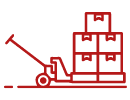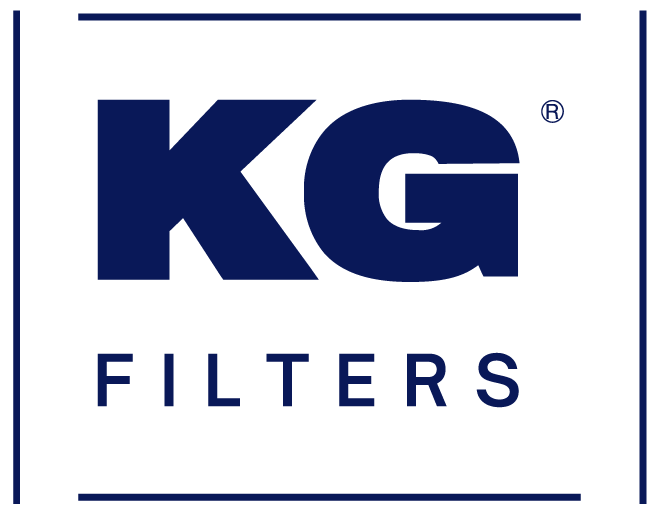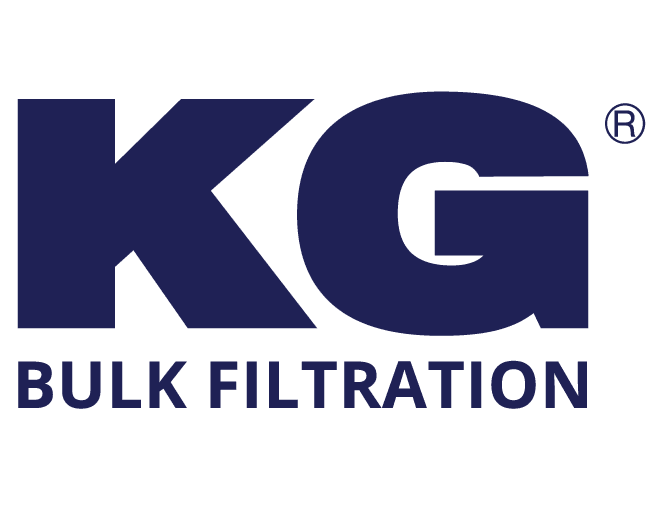Understanding When to Change Your Fuel Filter
Fuel filters play a crucial role in the fuel system of any vehicle. It acts as a barrier against contaminants reaching the engine. Over time, these filters can become obstructed and require replacement. Although fuel filters differ in size and placement depending on the vehicle, the indicators of a clogged fuel filter are generally consistent.
What Does a Fuel Filter Do?
The fuel filter is a crucial for maintaining the health and operational efficiency of the engine. It primarily acts as a defense mechanism, filtering out elements such as dirt, rust, and other pollutants from the fuel.In the absence of such filtering, these contaminants can significantly damage the engine and fuel injectors, leading to diminished performance, higher fuel consumption, and potentially costly repair needs.
Positioned strategically in the fuel line, the fuel filter is located between the fuel tank and the engine. During its journey from the tank to the engine, the fuel flows through this filter, which effectively captures and retains a range of impurities. This process ensures that only clean fuel reaches the engine, contributing to smoother operation and longevity.
Over time, the accumulated contaminants can clog the filter, impeding fuel flow. Hence, the importance of routinely maintaining and promptly replacing the fuel filter cannot be overstated. An efficiently operating fuel filter not only safeguards the engine but also contributes to maintaining peak fuel efficiency and lowering emissions.
The fuel filter, blocks abrasive particles from infiltrating the sensitive parts. Hence, it is crucial for the overall health and performance of a vehicle, underscoring its small yet essential role in the fuel system.
Identifying a Faulty Fuel Filter
Recognizing the signs of a faulty fuel filter is crucial for maintaining the performance of a motor and preventing more serious engine issues. A compromised fuel filter can manifest various symptoms, each signaling the need for an inspection or replacement.

Stalling and Irregular Idling: A vehicle that stalls frequently or idles roughly might be suffering from a blocked fuel filter. Inconsistent fuel flow can cause the engine to stall or idle erratically, as its not receiving a steady supply of fuel.
Challenges in Starting the Vehicle: Difficulty in starting your vehicle might stem from a heavily clogged fuel filter, which hinders sufficient fuel from reaching the engine. This issue often presents as the engine turning over for longer than usual before starting or requiring multiple attempts to start.
Issues with Engine Performance: A primary indicator of a blocked fuel filter is a discernible drop in engine efficiency. Symptoms may include diminished acceleration, an overall decrease in power, or a sense of the engine being unresponsive or slow in its response. This happens because a clogged filter restricts the flow of fuel, preventing the engine from getting the required fuel quantity, which in turn results in a decline in its performance.
Misfires and Backfires: When a fuel filter is severely clogged, the engine may misfire or backfire. This happens because the uneven fuel supply disrupts the combustion process, leading to unburnt fuel in the exhaust system, which can cause backfire.
Noise in the Fuel System: When a fuel filter becomes clogged, it may cause the fuel pump to exert more effort, which could result in heightened noise emanating from the area of the fuel pump. A whining or buzzing noise coming from the fuel tank might indicate that the fuel filter is impeding the flow, thereby placing additional stress on the pump.
Diagnosing a Faulty Fuel Filter
To diagnose a bad fuel filter in the fuel line, consider these methods:

For filters in transparent housings, look for discoloration or visible debris. For metal-housed filters, remove the downstream fuel line and observe the fuel flow when the ignition is turned on. A clogged filter will impede flow. Alternatively, remove the filter and attempt to blow air through it. Significant resistance suggests a blockage. Caution: Gasoline is flammable and hazardous
For filters in transparent housings, look for discoloration or visible debris. For metal-housed filters, remove the downstream fuel line and observe the fuel flow when the ignition is turned on. A clogged filter will impede flow. Alternatively, remove the filter and attempt to blow air through it. Significant resistance suggests a blockage. Caution: Gasoline is flammable and hazardous.
If the filter housing leaks, both the filter and housing may need replacement.
For filters in the fuel tank, use a pressure gauge on the fuel line under the hood. Low pressure could indicate a clogged filter or a failing fuel pump. Depending on the vehicle design, accessing the pump and filter assembly may vary in difficulty.
Replacing a Fuel Filter
Replacing fuel filters is generally straightforward and affordable, except when integrated into the fuel pump or tank assembly. If you are unsure about locating or replacing your fuel filter, or need specific parts, feel free to contact us for assistance.
KG International itself as the premier choice for purchasing fuel filters. Our fuel filters are renowned for durability and efficiency, ensuring optimal engine performance and longevity. Our extensive range caters to a wide array of vehicles, making it easy for customers to find the perfect filters for their needs. Moreover, our competitive pricing and regular promotions offer great value, making KG the ideal destination for fuel filter needs.
Get an in-depth understanding of filters by browsing through the KG Filters e-catalogue. It will help you find the ideal filter according to your filtration requirements. Using the e-catalogue, you can raise a request to purchase a particular type of filter defining your specification and application type. Browse through our catalogue here.

























